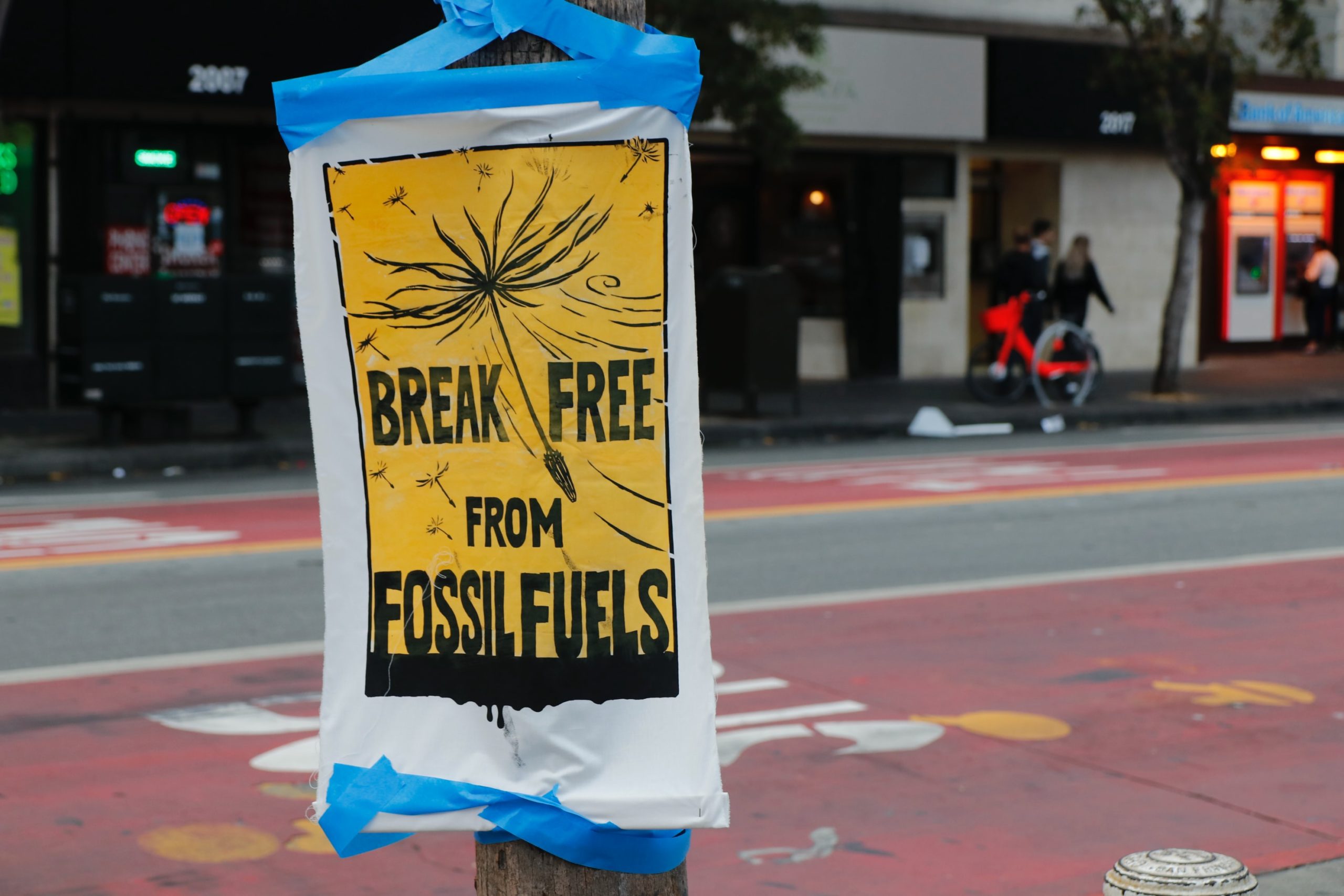Should universities divest from fossil fuels? The answer seems like it should be straightforward: if you are a proponent of climate action, then yes. However, further inquiry seems to suggest that the answer is less black-and-white than it may initially seem.
As large institutions with enormous financial, social, political, and cultural capital, universities divesting from fossil fuels seems like a no-brainer. It sends a message, loud and clear, to the fossil fuel industry. It sets precedents and propels movements. It’s created change in the past, when institutions divested from the tobacco industry and South African apartheid. In recent years, the idea has gained immense popularity among students, academics, and alumni, with many protesting against institutions’ complicity in the climate crisis by signing petitions, talking to the media, organizing rallies, withholding donations, risking arrest, and more. Discourses around divestment have also made stakeholders wonder about the long-term viability of the fossil fuel industry, as well enourage investments in environmentally conscious funds. Therefore, cutting off fossil fuel producers’ capital can be an effective way to render their projects uneconomical and move towards a greener energy landscape.
However, some see this strategy as naïve and ineffective, because when one institution divests from fossil fuels, those shares are simply sold to another investor. Skeptics might claim that divestment is little more than a complacent pat on the back for a job half-done, especially if there is little to no collective action on the part of other institutions. In addition, by divesting from a firm and giving up a seat at the table, institutions can no longer have a say in how those firms function and enable corporate change from the inside. They also lose out on funds that may be used to enable change in other ways, such as through research.
Professor of Finance Jonathan B. Berk at the Stanford Graduate School of Business claims that the best way forward to invest enough in these firms to be able to change corporate policy. Divestment is clearly a slippery slope, and this is only one of many perspectives and possible courses of action. Either way, it is important to keep in mind that even if divesting does not result in destabilizing the fossil fuel industry financially, it is likely to do so socially and politically. It is a matter of institutions accepting both of these truths, and reflecting on their priorities, values, and intended outcomes. Is the goal to shame companies and harm their reputations so that their value can go down? Divestment movements are all about coordinated strikes, so are there enough other institutions involved? Are universities ready to make financial and political sacrifices to take a principled stance? Are they willing to initiate other climate action efforts, or will they sit back and congratulate themselves on one seemingly-bold move while the planet burns? Whatever institutions’ answers to these questions might be, they must recognize that the time to claim neutrality is over, and that every stance on the situation is inherently political, and should therefore be unequivocally intentional.
Photo by Eelco Böhtlingk on Unsplash
Written by Syeda Mahnoor Raza (’24)

